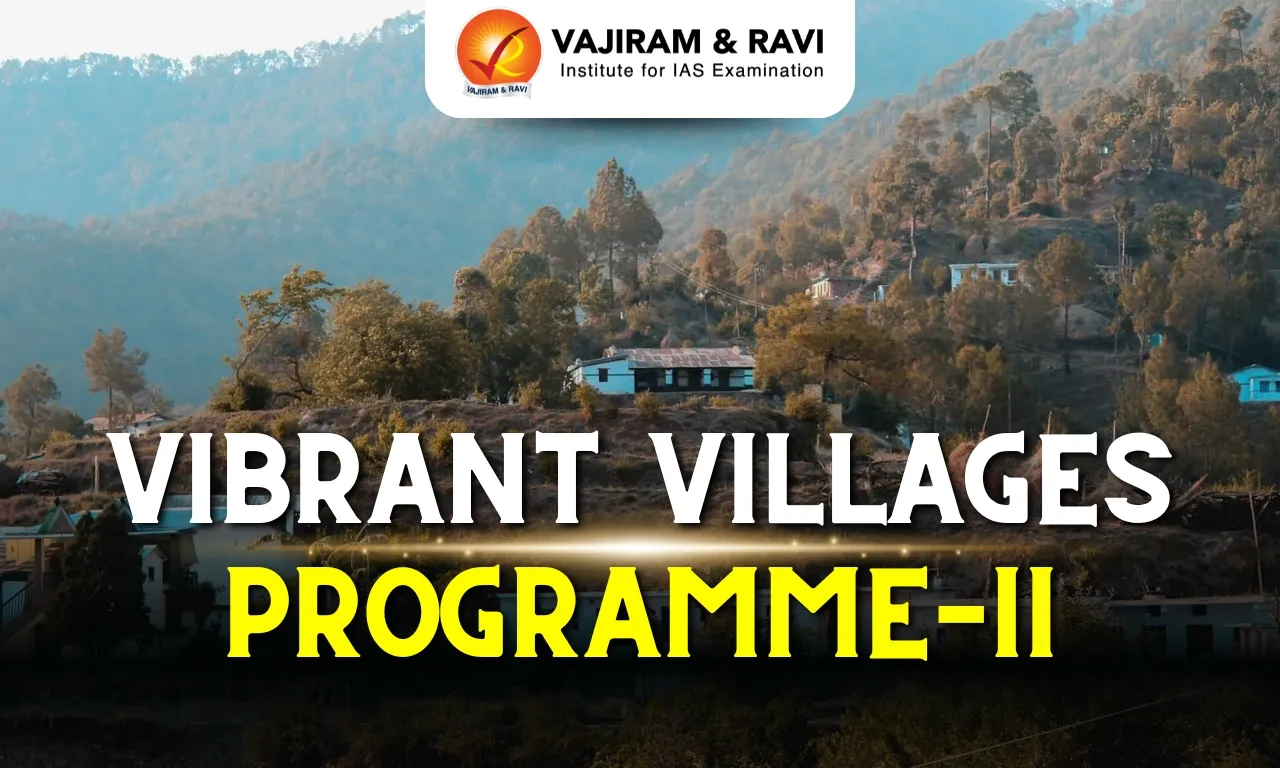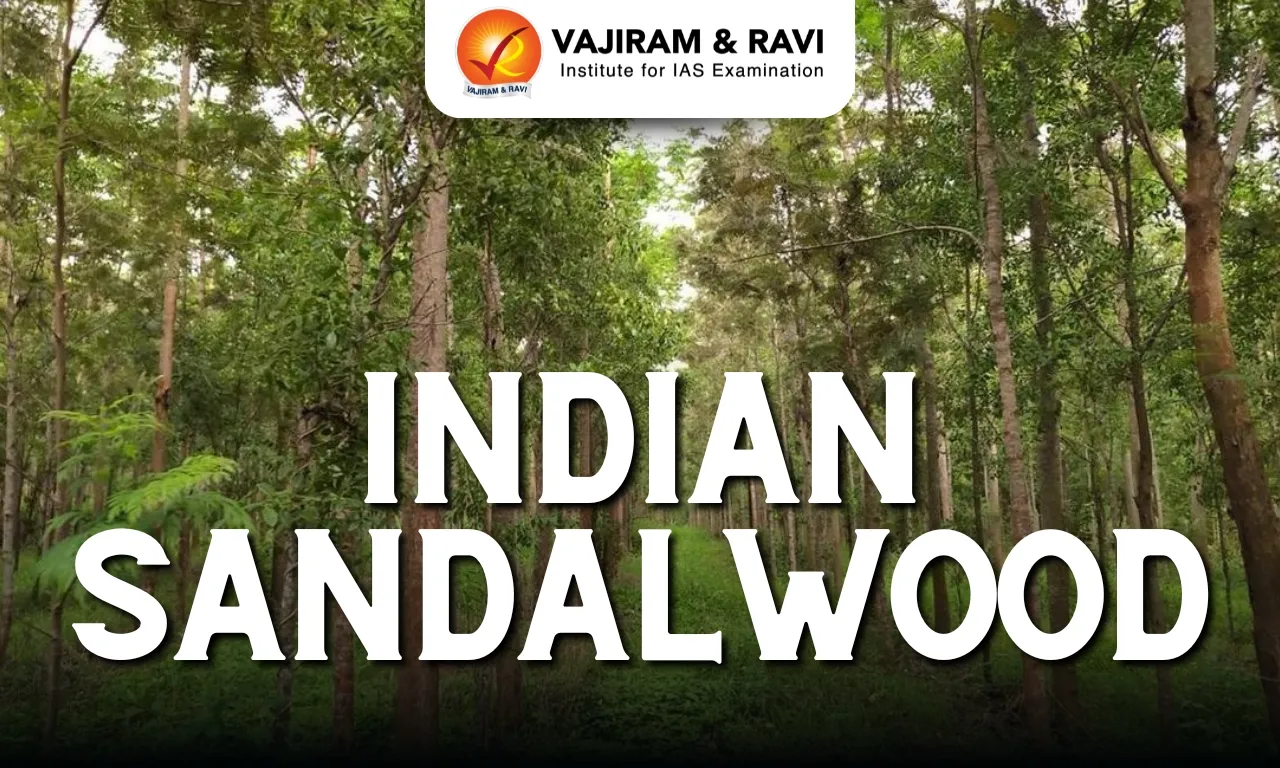About Joint Consultative Machinery (JCM):
- It is a platform for constructive dialogue between the representatives of the staff side and the official side for peaceful resolution of all disputes between the Government asemployer and the employees.
- The scheme was introduced in 1966 with the objectives of promoting harmonious relations and securing the greatest measure of cooperation between the Central Government as the employer and the employees.
- The scheme is a non-statutory one mutually agreed upon between the staff sideandthe official side.
- The scheme covers all regular civil employees of the Central Government, except:
- The Class-I services;
- The Class-II services, other than the Central Secretariat Services and the other comparable services in the headquarters organization of the Government;
- Persons in industrial establishments employed mainly in managerial or administrative capacity, and those who are being employed in supervisory capacity drawing salary going beyond grade pay of Rs.4200/- per month;
- Employees of the Union Territories;
- Police personnel.
Joint Councils:
- The scheme provides for the setting up of joint councils at the National, Departmental and Regional / Office levels.
- The National Council, chaired by the Cabinet Secretary, is the apex body.
- The scope of the Joint Councils includes all mattersrelatingto conditions of service and work, welfare of employees, and improvement of efficiency and standards of work, provided, however, that
- in regard to matters of recruitment, promotion, and discipline, consultation is limited to matters of general principles only, and
- individual cases are not considered.
- The National Councildeals only with matters affecting Central Government employees generally, such as pay of common categories of staff, allowances, etc.,
- The Departmental Councildeals with matters affecting only the employeesin the Ministries/Departments concerned.
- The Office/Regional Councils deal with regional or local issues only.
Q1: What is the Central Administrative Tribunal (CAT)?
The CAT had been established under Article 323-A of the Constitution to adjudicate disputes and complaints with respect to the recruitment and conditions of service of persons appointed to public services and posts in connection with the affairs of the Union or other authorities under the control of the Government. In addition to the Ministries and Departments of Central Government, the Government has notified about 214 organizations under Section 14(2) of the Administrative Tribunals Act, 1985, to bring them within the jurisdiction of the CAT from time to time. There are 17 Benches and 21 Circuit Benches in the CAT all over India.
Last updated on February, 2026
→ UPSC Notification 2026 is now out on the official website at upsconline.nic.in.
→ UPSC IFoS Notification 2026 is now out on the official website at upsconline.nic.in.
→ UPSC Calendar 2026 has been released.
→ Check out the latest UPSC Syllabus 2026 here.
→ Join Vajiram & Ravi’s Interview Guidance Programme for expert help to crack your final UPSC stage.
→ UPSC Mains Result 2025 is now out.
→ UPSC Prelims 2026 will be conducted on 24th May, 2026 & UPSC Mains 2026 will be conducted on 21st August 2026.
→ The UPSC Selection Process is of 3 stages-Prelims, Mains and Interview.
→ Prepare effectively with Vajiram & Ravi’s UPSC Prelims Test Series 2026 featuring full-length mock tests, detailed solutions, and performance analysis.
→ Enroll in Vajiram & Ravi’s UPSC Mains Test Series 2026 for structured answer writing practice, expert evaluation, and exam-oriented feedback.
→ Join Vajiram & Ravi’s Best UPSC Mentorship Program for personalized guidance, strategy planning, and one-to-one support from experienced mentors.
→ UPSC Result 2024 is released with latest UPSC Marksheet 2024. Check Now!
→ UPSC Toppers List 2024 is released now. Shakti Dubey is UPSC AIR 1 2024 Topper.
→ Also check Best UPSC Coaching in India



















